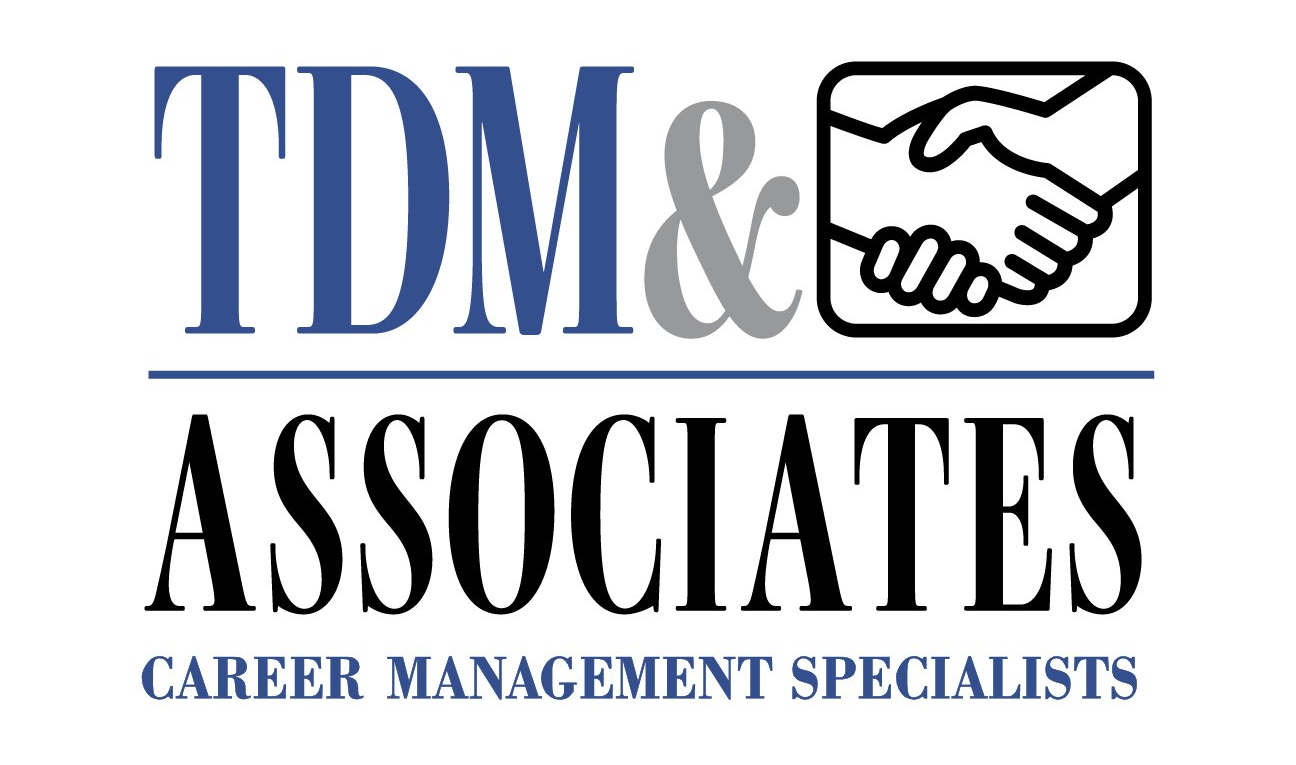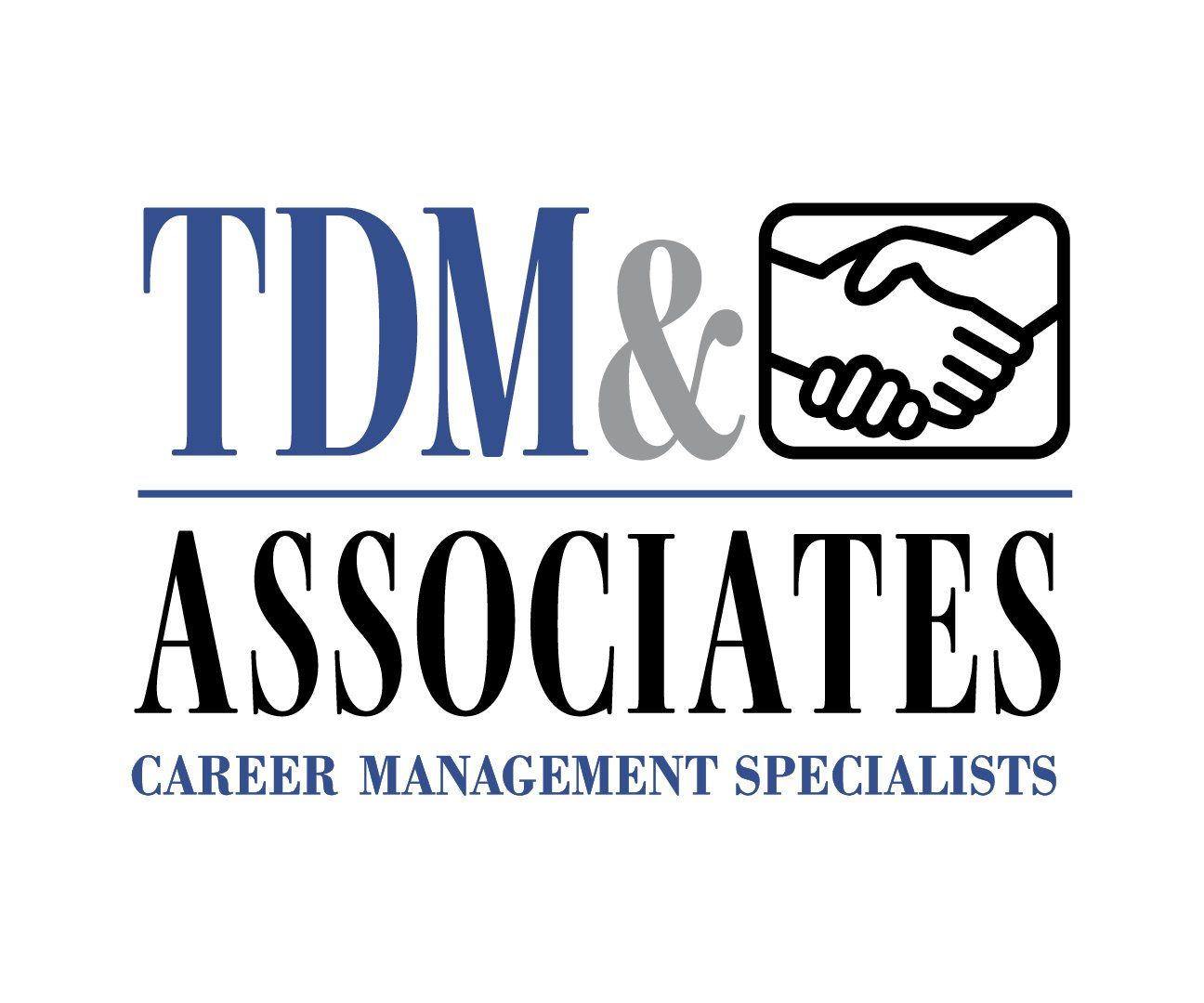How to organize a job search
Tips to help you manage your job search
Whether you're looking for your first job or you've changed careers and are ready to start over, there's no denying that a job search is a lot of work. But if done right, it can be a rewarding process and lead to better opportunities down the road.
Getting organized for a job search is the first step in finding a job.
- Get organized and figure out how you're going to manage your job search. Project management tools like Asana and Trello can be lifesavers in a job search.
- Understand what kind of a position you are looking for and all the options that come along with. Are you looking for a position in your field? A different industry entirely? Or something in between? Knowing what kind of job you’re after will help you figure out where to start your search.
- Make a list of companies you want to work for based on their projects, technologies, and/or values.
- Create a list of skills you have, skills you want to develop, and skills that might be useful in your field.
- Determine how much time you can realistically commit to your job search on a daily basis, then make a plan and schedule it in.
Research the job market.
The first step in a job search is to research the job market. Your goal is to:
- Understand the job market. Is it a candidate's market or an employer's market? How's the economy?
- Review the job descriptions for the positions on your list and see if there are any skills listed that aren’t currently on your resume or LinkedIn profile but could be added as needed, or if there are any skills you need to brush up on.
- Know how much you can earn in those roles to ensure that you will maintain your standard of living, and also to help negotiate a strong salary. If you’re not sure how much you can earn in a position, research the pay ranges for similar positions.
Reach out to your network of friends and family and let them know you're in the job market.
If you’re looking for a job, it’s important to take advantage of your social circle. You never know who might have some connections that can help out! Don't be afraid to reach out and reconnect with people—they may be able to help you find the perfect position or at least get your foot in the door.
If you don't have a wide social circle, reach out to people you know through your professional network. Chances are that there are plenty of folks who can help you out in this way!
Figure out what makes you unique and impactful.
The most important thing is to figure out what makes you unique and impactful in your role. What do people in your field say when they talk about how great you are at your job? What are the problems that they always bring to you?
Once that’s determined, think about how those strengths and talents translate into the positions you are considering. You should also consider:
- What are the skills that make someone successful in this field?
- How does your experience fit with those skills?
How can I communicate those things in my resume or cover letter or interview questions?
Update your resume, LinkedIn profile, and social media presence.
Update your resume, LinkedIn profile, and social media presence. Your resume is the first thing a potential employer will see when deciding whether or not to call you for an interview. Make sure it's up-to-date, compelling, and easy to read. Keep in mind that employers don't care about your marital status or age; they want to know what skills you have acquired and how you can impact their business.
Make sure your resume is easy for potential employers to find online by using keywords that are relevant in today’s job market (e.g., “accounting” vs “bookkeeping”). For example: if you're applying as an accountant at a manufacturing company who makes auto parts, then use terms like "accountability" or "applied research." Keywords are important because they allow recruiters searching online databases quickly find all qualified candidates who meet their specific criteria.
When it comes to LinkedIn, make sure your profile is up-to-date. Include relevant skills and experience from previous jobs in order to show how they help you in the position you're applying for. You should also add any relevant volunteer work that would fit well with your application.
These are daunting tasks, so don't shy away from seeking out professional help! We recommend Reach Your Destination to help make sure you don't miss out on career opportunities because of a resume or LinkedIn profile.
Make sure your references are ready.
Before you begin applying, check in with all of your references to ask them if they are ready to talk about you and make sure they have your contact information so they can reach out if any questions come up.
Find a recruiter to work with.
If you want to give your career search an edge, find a recruiter. A recruiter has the skills and experience needed to help you find an appropriate position, and more importantly, can do so much faster than someone who doesn't have those skills. If you work with a good recruiter, they'll be able to match your talents with the right job opening, saving you weeks or even months of time that could be better spent on crafting your resume and preparing for interviews.
Recruiters come in many different forms: some are independent contractors who work on their own; others are employed by talent acquisition departments; still others may be affiliated with staffing firms specializing in certain industries or functions (i.e., accounting). They all have one thing in common: they've made it their business to know about hiring trends across multiple industries as well as what each company is looking for in potential candidates. (psst: we know some good ones!)
Apply for jobs.
Now that you have some direction, it is time to jump into the job application process. Since your time is limited, it's important to focus on effective ways of finding opportunities. A good place to start is with job boards and recruiters who are already familiar with your industry or field.
You may also want to consider posting a profile on an online job board and making sure that your resume has been optimized for keyword search. This way, recruiters can find you through searches and applications instead of having to rely solely on connections within their networks.
Prepare for interviews by practicing your answers to common questions.
- Practice answering questions about your work experience.
- Practice answering questions about yourself (hobbies, interests, etc.).
- If you have a background in sales or customer service, practice answering questions with hypothetical situations.
- Get professional help. You may want to hire someone who will prepare you for interviews and teach you how to present yourself properly in an interview environment—it's a skill that takes time and effort to master on your own.
Conclusion
Starting a job search isn't easy. It requires the right tools and information, but also some hard work on your part. The key to success is to start early, keep organized, and make sure that your resume is tailored for each position you apply for. It may seem like a lot of work to keep track of all these details when there are so many other things vying for your attention at this time in life (like kids!), but once you get into the groove of things it gets easier and easier!











